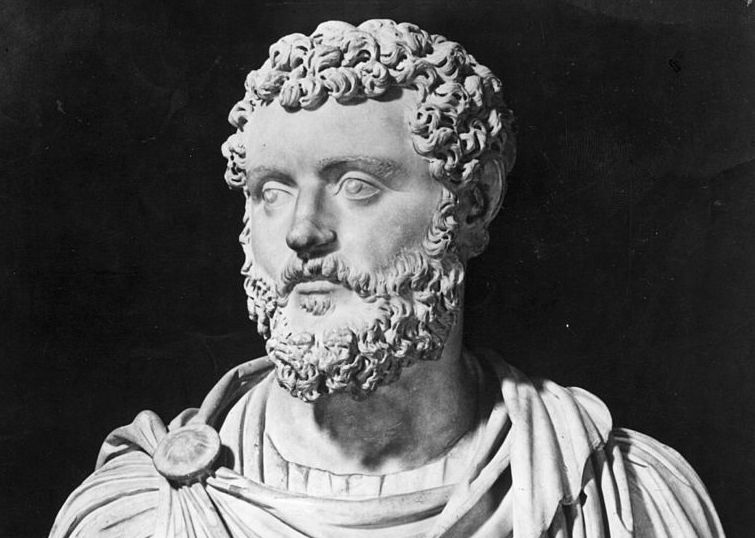When Lucius Septimius Severus was named ruler of the Roman Empire in AD 193, he became Rome’s first African Emperor.
Severus was born in AD 145 in the Roman Libyan city of Leptis Magna in Africa, and was known to come from a wealthy family. In AD 162, he traveled to Rome and was granted entry into the senatorial ranks after his cousin, Gaius Septimius Severus, had recommended him to Emperor Marcus Aurelius, according to History.com.
Severus quickly rose through the ranks of what was known as the cursus honorum or public offices held by aspiring Roman politicians. He served in the Roman Senate in AD 170 and was later appointed legatus, a senior position in the Roman Army, in AD 173 after his cousin became proconsul of the Province of Africa.
In AD 191, then emperor Commodus made Severus governor of Pannonia Superor, a province on the Danube frontier. Commodus was assassinated the following year, and in AD 193 his successor Publius Helvius Pertinax was declared emperor, heralding in the Year of the Five Emperors – a time in which five men claimed the title of Roman Emperor.
Pertinax’s reign lasted for just 86 days, as he was assassinated shortly after by a Praetorian Guard (household troops of the Roman Emperors), who was unhappy with Pertinax.
The Praetorian Guard then auctioned off emperorship to the highest bidder. The wealthy senator Didius Julianus offered the most money for their support and secured the job
Julianus brought his way to the top and that angered a lot of people in Rome that three people emerged as rivals to the imperial throne: Clodius Albinus (governor of Britain), Pescennius Niger (governor of Syria), and Severus (governor of Gaul). Since Severus had charge of the largest army closest to Rome, that gave him the upper hand.
In AD 193, Severus marched on Rome declaring himself the avenger of Pertinax, and was declared emperor by the Senate. Julianus was executed in the palace after ruling for 66 days.
Severus quickly secured his power within Rome by dissolving the current Praetorian Guard and filling its ranks with soldiers loyal to him.
He died in AD 211 at the age of 65 due to health complications that many historians suspect to be gout. The advice he gave on his deathbed was, “Be good to one another, enrich the soldiers, and damn the rest.”
Historians add that it was his treatment of the soldiers that secured Severus’s reign.





